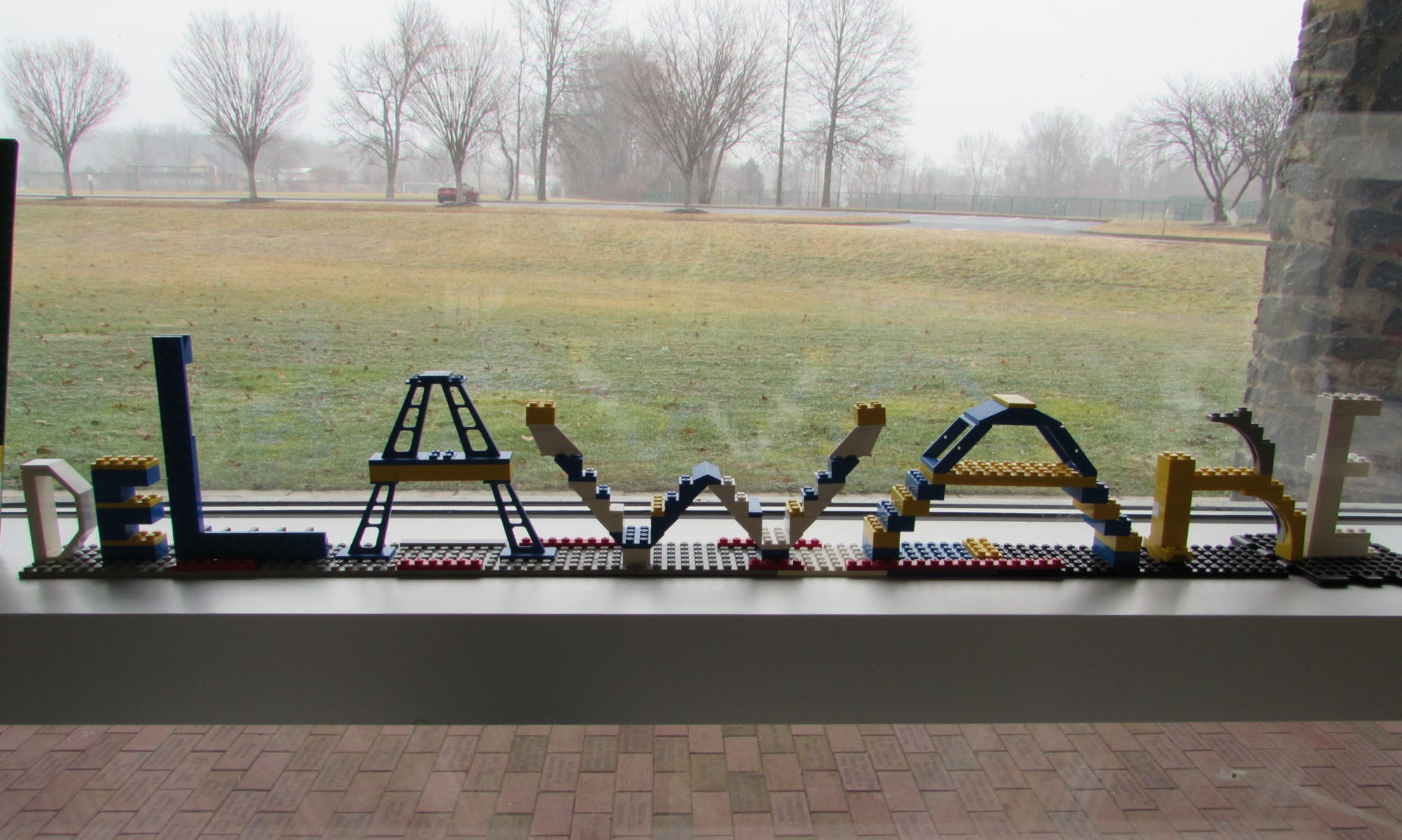Isaiah 65:17-25 RSV — “For behold, I create new heavens and a new earth; and the former things shall not be remembered or come into mind. But be glad and rejoice for ever in that which I create; for behold, I create Jerusalem a rejoicing, and her people a joy. I will rejoice in Jerusalem, and be glad in my people; no more shall be heard in it the sound of weeping and the cry of distress. No more shall there be in it an infant that lives but a few days, or an old man who does not fill out his days, for the child shall die a hundred years old, and the sinner a hundred years old shall be accursed. They shall build houses and inhabit them; they shall plant vineyards and eat their fruit. They shall not build and another inhabit; they shall not plant and another eat; for like the days of a tree shall the days of my people be, and my chosen shall long enjoy the work of their hands. They shall not labor in vain, or bear children for calamity; for they shall be the offspring of the blessed of the LORD, and their children with them. Before they call I will answer, while they are yet speaking I will hear. The wolf and the lamb shall feed together, the lion shall eat straw like the ox; and dust shall be the serpent’s food. They shall not hurt or destroy in all my holy mountain, says the LORD.”
The commentary is all over the place with these verses.
I don’t know how to think about the new heavens and new earth. I love the idea of a physical restoration of Eden, but many seem to see these lines as a symbolic time that we are already approaching (or living?).
However one decides to see the particulars, I do see God’s promise of a new life in Him. I believe this promise is physical, spiritual, and mental…a complete, and eternal life. Jesus has already defeated Death. Everlasting Life is found in Him.



















